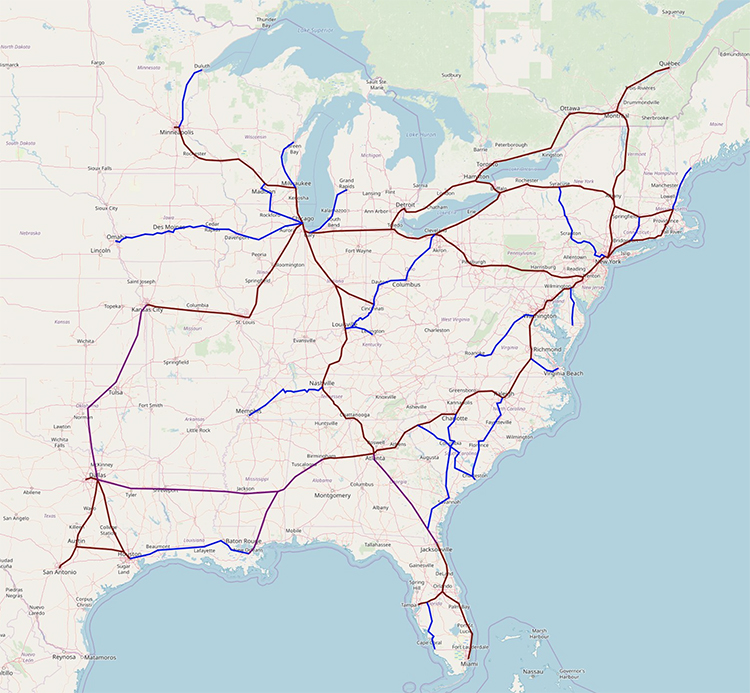Most of those who are making use of this word would be highly confused if required to explain its meaning. For since it has become fashionable, people cheerfully declare that this musician or that painter is “existentialist.” A columnist in Clartes signs himself “The Existentialist,” and, indeed, the word is now so loosely applied to so many things that it no longer means anything at all. It would appear that, for the lack of any novel doctrine such as that of surrealism, all those who are eager to join in the latest scandal or movement now seize upon this philosophy in which, however, they can find nothing to their purpose. For in truth this is of all teachings the least scandalous and the most austere: it is intended strictly for technicians and philosophers. All the same, it can easily be defined.
The question is only complicated because there are two kinds of existentialists. There are, on the one hand, the Christians, amongst whom I shall name Jaspers and Gabriel Marcel, both professed Catholics; and on the other the existential atheists, amongst whom we must place Heidegger as well as the French existentialists and myself. What they have in common is simply the fact that they believe that existence comes before essence – or, if you will, that we must begin from the subjective. What exactly do we mean by that?
If one considers an article of manufacture as, for example, a book or a paper-knife – one sees that it has been made by an artisan who had a conception of it; and he has paid attention, equally, to the conception of a paper-knife and to the pre-existent technique of production which is a part of that conception and is, at bottom, a formula. Thus the paper-knife is at the same time an article producible in a certain manner and one which, on the other hand, serves a definite purpose, for one cannot suppose that a man would produce a paper-knife without knowing what it was for. Let us say, then, of the paperknife that its essence – that is to say the sum of the formulae and the qualities which made its production and its definition possible – precedes its existence. The presence of such-and-such a paper-knife or book is thus determined before my eyes. Here, then, we are viewing the world from a technical standpoint, and we can say that production precedes existence.
When we think of God as the creator, we are thinking of him, most of the time, as a supernal artisan. Whatever doctrine we may be considering, whether it be a doctrine like that of Descartes, or of Leibnitz himself, we always imply that the will follows, more or less, from the understanding or at least accompanies it, so that when God creates he knows precisely what he is creating. Thus, the conception of man in the mind of God is comparable to that of the paper-knife in the mind of the artisan: God makes man according to a procedure and a conception, exactly as the artisan manufactures a paper-knife, following a definition and a formula. Thus each individual man is the realisation of a certain conception which dwells in the divine understanding. In the philosophic atheism of the eighteenth century, the notion of God is suppressed, but not, for all that, the idea that essence is prior to existence; something of that idea we still find everywhere, in Diderot, in Voltaire and even in Kant. Man possesses a human nature; that “human nature,” which is the conception of human being, is found in every man; which means that each man is a particular example of a universal conception, the conception of Man. In Kant, this universality goes so far that the wild man of the woods, man in the state of nature and the bourgeois are all contained in the same definition and have the same fundamental qualities. Here again, the essence of man precedes that historic existence which we confront in experience.

